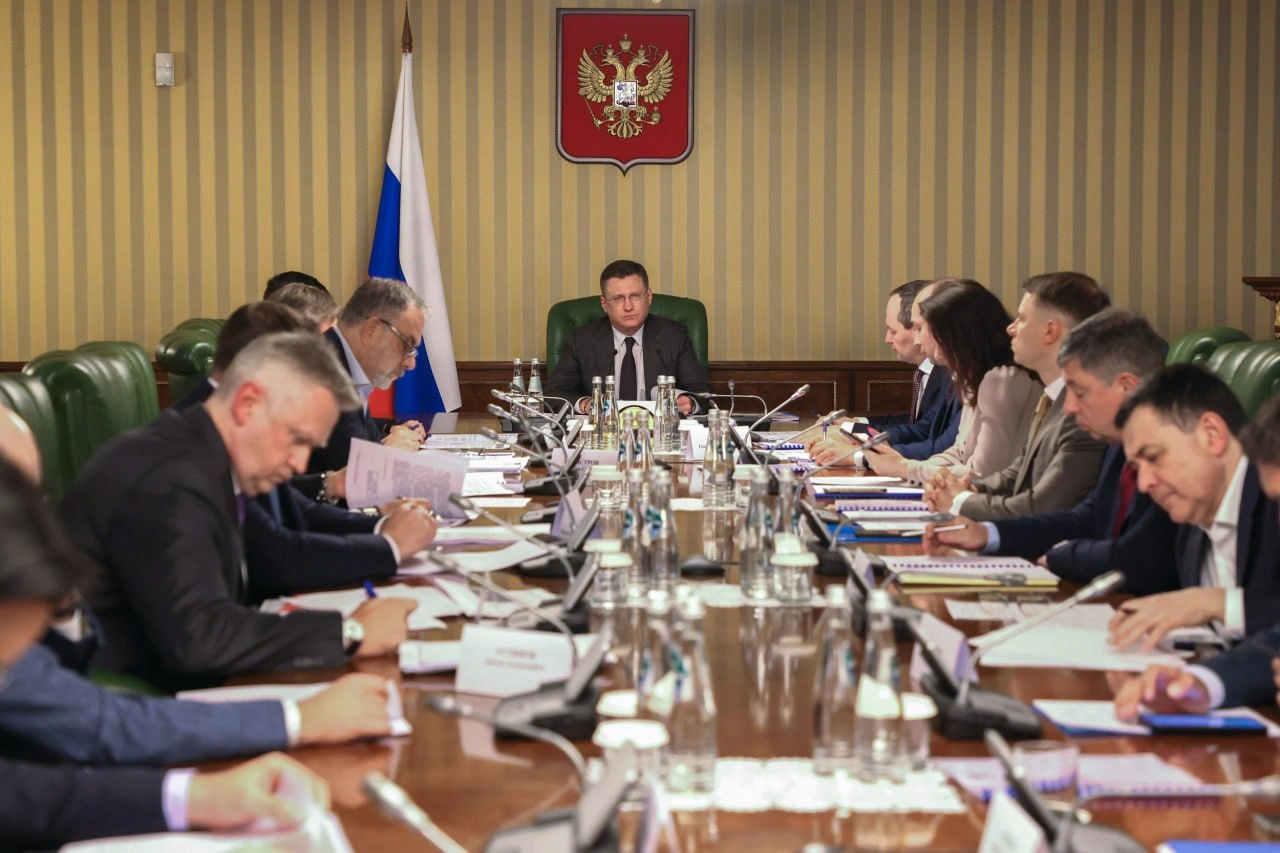The manager energy in Russia has suspended the growth of a crypto mining ban that will have added a number of extra areas to what’s already a protracted record of territories the place the exercise has been severely restricted.
On Thursday, the federal government in Moscow scrapped or postponed measures to curb electrical energy consumption by Bitcoin miners in locations from the Finnish border to past Lake Baikal, pointing to an anticipated lower in tax and vitality revenues as the principle cause for the U-turn.
Russian authorities take a step again on crypto mining ban
Russia’s central authorities has determined to chorus from introducing restrictions on cryptocurrency mining to extra areas, pausing the deliberate growth of a ban that has already affected a couple of dozen topics of the Federation.
The change in course was adopted at a gathering of the federal government fee on the event of the electrical energy business, chaired by Deputy Prime Minister Alexander Novak and introduced in a put up within the cupboard’s Telegram channel on June 5.
In line with the press launch, members reviewed requests from authorities in a number of Russian areas in search of authorization to cease mining operations which have been usually blamed by native officers for electrical energy shortages and blackouts.

Assembly of the fee on the event of the electrical energy business. Supply: Russian authorities
The fee declined to ban the actions of crypto miners within the Republic of Khakassia, citing the dearth of sufficient projections concerning the deficit of electrical energy and technology capability within the area. It additionally highlighted lowering tax revenues and earnings from distribution.
Proposals to curb mining submitted by the heads of the regional governments within the Russian Republic of Karelia, bordering Finland within the northwest, and Penza Oblast, round 600 km southeast of Moscow, had been withdrawn in the course of the assembly.
Moreover, the feds determined to postpone for 2 months the consideration of requests for year-round bans on coin minting in Zabaykalsky Krai, a area in Russia’s Far East often known as Transbaikal, and the neighboring Republic of Buryatia.
The Russian authorities stated it’s “taking into consideration the necessity to assess misplaced revenue within the electrical grid advanced” and to elaborate a mechanism for redistributing the facility freed by the miners “in favor of socially vital shoppers in energy-deficient areas.”
Russia seeks to relocate miners to energy-rich elements of the nation
Regardless of its reluctance to permit the free circulation of Bitcoin and the like in its financial system, the Russian Federation has been considerably lenient in its perspective in direction of cryptocurrencies currently. For instance, on the finish of Might, the Financial institution of Russia approved investments in crypto derivatives.
Mining grew to become the primary main crypto-related exercise to be granted full regulatory recognition after it was legalized final yr. Miners can now legally mint digital cash so long as they register with the Federal Tax Service (FNS) and pay taxes.
However the fixed growth of crypto mining operations, each in industrial-scale Bitcoin farms and in non-public basements and garages, has brought on complications for authorities in some corners of the nation resembling Irkutsk Oblast, which attracts miners with low electrical energy charges.
The Russian authorities is now contemplating entice mining corporations to maneuver to areas with surplus vitality and idling infrastructure, together with by providing them gasoline it’s unable to promote to Europe resulting from Western sanctions over the warfare in Ukraine.
Throughout its assembly, the facility business fee advisable:
“The Ministry of Power and the Federal Antimonopoly Service, along with vitality corporations, should additionally work out financial incentives for attracting mining masses to areas with surplus when it comes to electrical energy and capability.”
Practically a dozen Russian areas have been positioned underneath a everlasting mining ban till mid-March 2031 after a few of them initially launched solely seasonal restrictions in periods of peak electrical energy consumption in chilly winter months.
The affected areas embody southern Irkutsk, the Russian republics of Dagestan, Ingushetia, Kabardino-Balkaria, Karachay-Cherkessia, North Ossetia, and Chechnya in addition to the occupied elements of the Ukrainian oblasts of Donetsk, Luhansk, Zaporizhzhia, and Kherson.








